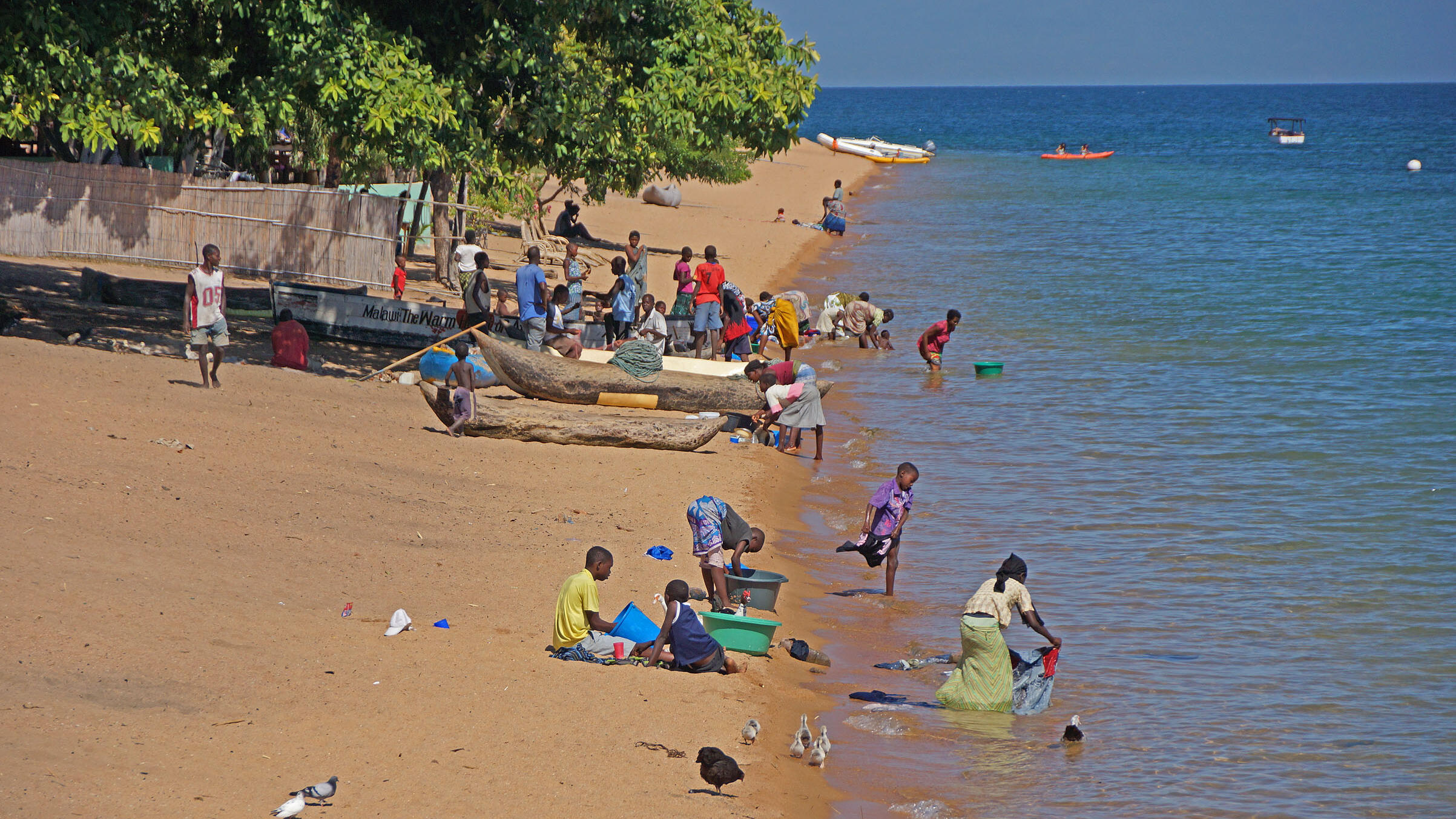
LSTM’s Professor Russell Stothard is senior author of a paper that highlights the emergence of intestinal schistosomiasis with associated ecological change in Lake Malawi. It urges revision of local disease control as well as international travel advice.
The study, published in the CDC’s journal, Emerging Infectious Diseases, describes two surveys conducted in 2017 and 2018 which consistently demonstrated Biomphalaria pfeifferi snails in Lake Malawi. The team also conducted a targeted epidemiological survey of local school children, finding enough evidence of natural transmission of Schistosoma mansoni locally. In fact, the established presence of both snail and schistosome now poses an expanding disease threat.
Professor Stothard said: “Making these unexpected findings more widely known is important for two reasons. First, the national control programme can mount an appropriate intervention response and mitigate any further spread of disease. Second, international travel advice given to tourists and health professionals that visit the Lake can be revised. From my own part, this year’s DTM&H class will learn about this new aspect of disease alongside urogenital schistosomiasis”.
Throughout sub-Saharan Africa, Biomphalaria pfeifferi snails are freshwater intermediate hosts for Schistosoma mansoni blood flukes, which cause intestinal schistosomiasis. They have not previously been found in Lake Malawi, however during surveillance in 2017, Biomphalaria snails were unexpectedly discovered and confirmed again some 6-months later. The studies were performed by several LSTM staff with students working in conjunction with Ministry of Health colleagues.
The discovery of active S. mansoni infections in children locally as well as in those up to 150km away suggests recent ecological and epidemiological change.” continued Professor Stothard. “This finding is of public health concern needing prompt action to stop any further spread.” Part of the ecological change around Lake Malawi has been man made. For example, water pumped inland from the lake for aquaculture of fish, now forms permanent flowing streams draining back to the lake unfortunately contaminated with B. pfeifferi snails that have further dispersed along the lakeshore.
Alharbi, M. H., Condemine, C., Christiansen, R., LaCourse, E., Makaula, P., Stanton, M. C....Stothard, J. (2019). Biomphalaria pfeifferi Snails and Intestinal Schistosomiasis, Lake Malawi, Africa, 2017–2018. Emerging Infectious Diseases, 25(3), 613-615. https://dx.doi.org/10.3201/eid2503.181601.